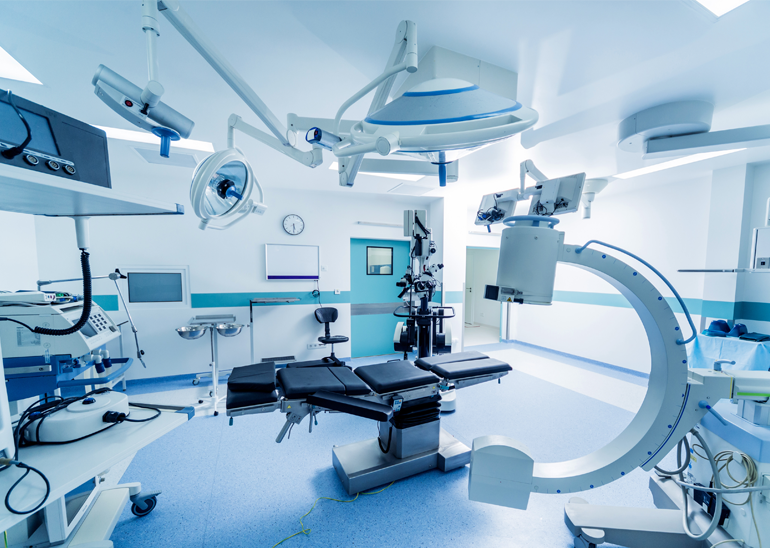Union Health Minister Mansukh Mandaviya said that the policy has been designed keeping in mind the need to have a holistic policy framework and will accelerate the growth of this sector
Govt Approves National Medical Devices Policy 2023, Eyes 12% Market Share
New Delhi, NFAPost: The Centre gave its nod to the National Medical Devices Policy 2023 with an aim to achieve 10-12% share in the growing global market over the next 25 years, Business Standard reported.
The current share of India in the global medical devices market is an abysmal 1.5%. Moreover, the policy is expected to help the medical devices sector grow from $11 billion (Rs 90,000 crore) now to $50 billion (Rs 4.5 trillion) by 2030.
Mansukh Mandaviya, Union health minister, said that the policy has been designed keeping in mind the need to have a holistic policy framework and will accelerate the growth of this sector.
While various government departments have undertaken programmatic interventions for the sector, the current policy aims to put in place comprehensive focus areas in a coordinated manner.
The Centre has already initiated implementation of the production-linked incentive (PLI) scheme for medical devices. It plans to set up four medical devices parks in Himachal Pradesh, Madhya Pradesh, Tamil Nadu and Uttar Pradesh.
Under the PLI scheme for medical devices, a total of 26 projects have been approved with a committed investment of Rs 1,206 crore. Of this, an investment of Rs 714 crore has so far been achieved.
“Under the PLI scheme, a total of 14 projects, making 37 products, have been commissioned and domestic manufacturing of high-end medical devices has started. These include Linear Accelerator, MRI Scan, CT-Scan, Mammogram, C-Arm, MRI Coils and high-end X-ray tubes, among others. The remaining 12 products will be commissioned in the near future. Five out of the total 26 projects have been approved recently, under Category B, for domestic manufacturing of 87 products and components,” the statement said.
The policy also aims at establishing “centres of excellence” in academic and research institutions, innovation hubs, “plug and play” infrastructure and support to start-ups. The policy also envisages the creation of a dedicated Export Promotion Council for the sector. This will be an enabler for dealing with various market-access issues.
“In order to enhance ease of doing research and business and further to balance patient safety with product innovation measures such as creation of a ‘single-window clearance system’ for licensing of medical devices co-opting all the stakeholder departments and/or organisations such as AERB, MeitY, DAHD, etc, enhancing the role of indian standards like BIS and designing a coherent pricing regulation, will be followed,” the Centre said in a statement on Wednesday.
In view of the diversity and multi-disciplinary nature of the sector, there is a need to bring together the range of interventions in a coherent manner.
CCEA approves 157 new nursing colleges
The Cabinet Committee on Economic Affairs (CCEA) has approved establishment of 157 new nursing colleges in co-location with the existing medical colleges established since 2014 for investment of Rs 1,570 crore. This would add around 15,700 nursing graduates every year.
The government plans to complete the project within two years and has laid out detailed timelines for every stage of planning as well as execution. India now has 108,000 MBBS seats and 118,000 BSc nursing seats.
The establishment of these nursing colleges will provide a significant boost to the availability of qualified human resources in health care.
Reforms in the regulatory structure for nursing education to meet with the emerging requirements in the sector are also under consideration.
The empowered committee, headed by the Union health secretary at the Centre and principal secretary, health/medical education in states, will monitor the progress of work. Medical Colleges have increased from 387 before 2014 to 660 now.





